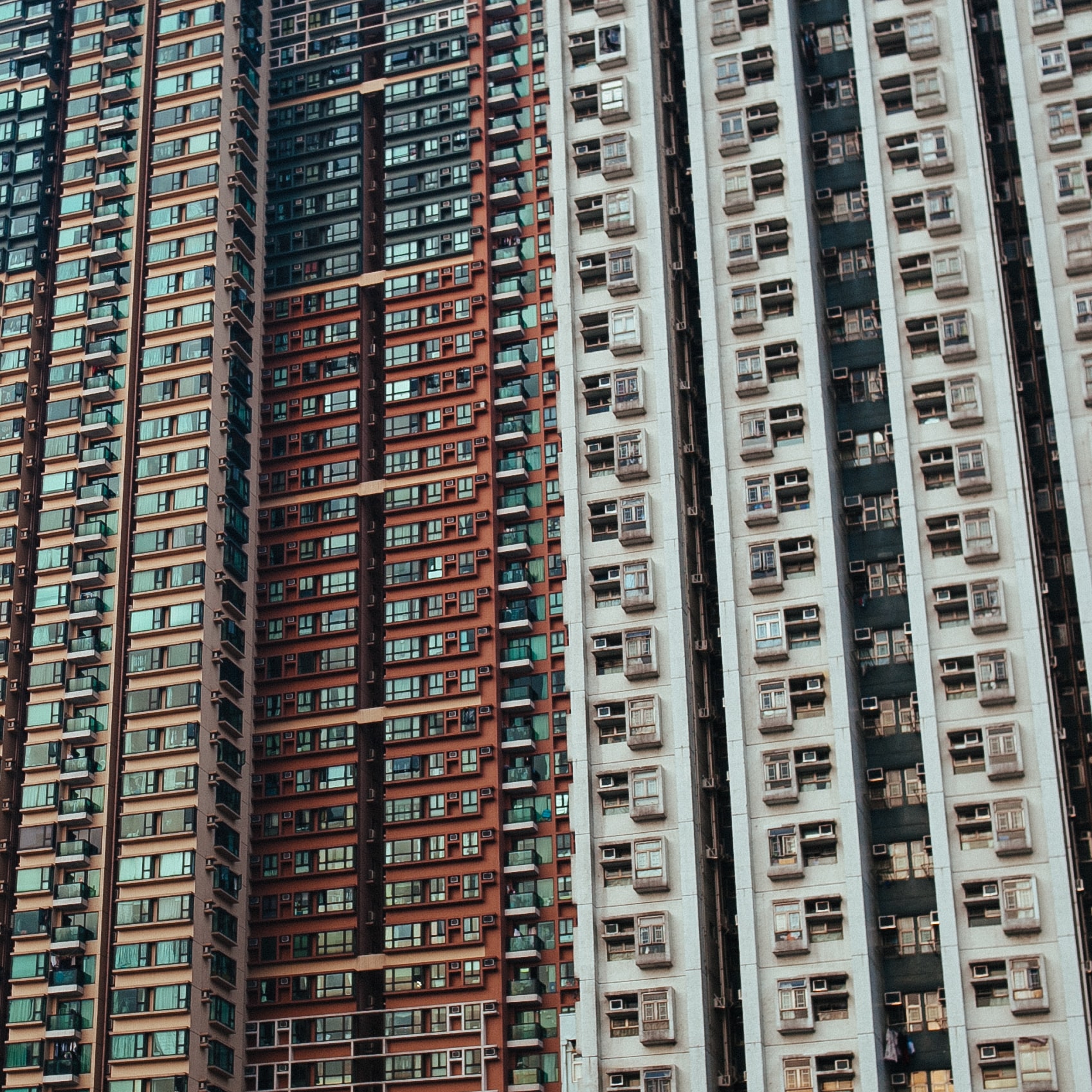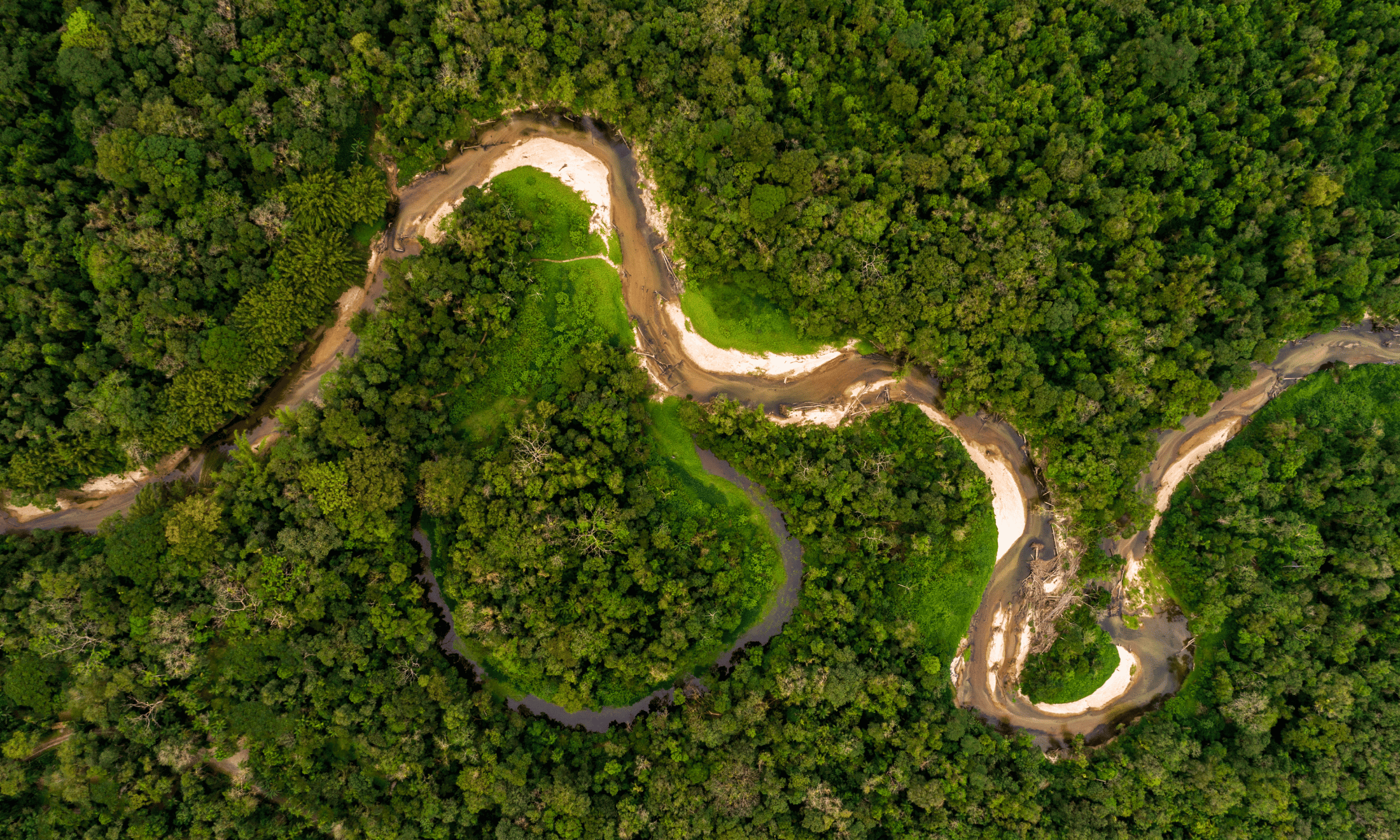How Indigenous Brazilians are locked in a legal fight with Jair Bolsonaro to save themselves and the Amazon
Brazil's president wants to divest the Indigenous population of their lands. They're not giving up that easily.
Sofia Ferreira Santos
10 Sep 2021

Alass Derivas | Deriva Jornalismo
For the last few weeks, the cement paving surrounding Brazil’s Supreme Federal Court (STF) has looked, and felt, rather different than normal. Hundreds of colourful tents, personalised face masks, traditional headdresses and intricate body paintings have sprung up, creating a powerful visual spectacle outside of Brazil’s highest court as thousands of Indigenous Brazilians stand together in protest.
The area’s appearance isn’t the only thing that has changed; a charged atmosphere, described by Gabriele Helena de Oliveira, a coordinator for the Pankararu Indigenous Youth Movement (MOJIP) as one of “one of anxiety, anguish, and fear”, is also tangible. The thousands gathered outside the court are part of the biggest Indigenous demonstration in Brazil since 1988. Only “faith, unity and solidarity”, says Gabriele, has kept their “spiritual alignment strong even away from our lands” during this uncertain time.
Gabriele has been camped out for two weeks by the time we speak, one of over 6,000 Indigenous people from 176 different ethnic groups who come together for the Struggle for Live demonstrations since 22 August. Today, they remain camped outside of the STF, where an historic decision – which could affect all Indigenous peoples in the country – is expected in the coming days and weeks.
The STF is currently deciding whether the demarcation [boundary marking] of Indigenous lands in Brazil should follow the marco temporal thesis. The thesis, translated as “The Time Limit Trick” by the Articulation of Indigenous Peoples of Brazil (APIB), proposes that Indigenous peoples in Brazil are only entitled to lands they physically occupied on 5 October 1988.
This was the same year that saw the rewriting of Brazil’s Constitution after the military dictatorship, which lasted from 1964 to 1985. Over the two decades of the dictatorship, Indigenous Brazilians faced incessant persecution of themselves and their lands, including torture, enslavement, desplacement and death.
Though the 1988 Constitution finally acknowledged the rights of Indigenous peoples in Brazil to their ancestral lands and individual customs, the marco temporal proposes an unconstitutional change to these laws, say Indigenous rights groups. Should the thesis be upheld by the STF, Indigenous peoples in Brazil will have no right to their lands – even if already legally demarcated – if their lands weren’t occupied on the day of the Constitution more than three decades ago. Those demonstrating say this thesis will legalise the past thirty years of violence and countless invasions upon Indigenous peoples and their lands, while encouraging anti-Indigenous groups to continue in their attempts to steal ancestral lands en masse, no matter the cost.
Indigenous Brazilians, though the most affected by this proposed thesis, won’t be the only ones suffering should the STF agree with the marco temporal. As 98% of Brazil’s 700 Indigenous lands are located in the Amazon rainforest, that environment’s very survival is also at risk. The deforestation of the Amazon has surged by 67% since President Jair Bolsonaro took office in 2019. As the only rainforest of such size and diversity the world has left, according to WWF, activists and experts are warning that the marco temporal would be a catastrophe to what remains of the rainforest and to the ongoing global climate emergency.
“The thesis, translated as ‘The Time Limit Trick’, proposes that Indigenous peoples in Brazil are only entitled to lands they physically occupied on 5 October 1988”
André Baniwa is the Vice-President of the Indigenous Association of the Içana Basin (OIBI), an organisation which ensures the “well-living” of the Baniwa people and promotes sustainable regional development in Brazil. André says the marco temporal is just a way for the government and agriculturalists to “continue invading and continue occupying our spaces illegally”. To André, the term is just a synonym for a practice Indigenous peoples in Brazil know all too well: invasion. “In the past, it didn’t have this name,” he tells gal-dem. “Today, they are trying to create an image of something new, something that looks like a good thing.”
The thesis’ clear rejection of Indigenous rights is yet another blow to Indigenous Brazilians, who have been thrown into further turmoil by Bolsonaro’s presidency. From the beginning, the right-winger’s government has been “fighting against the Indigenous peoples and Indigenous rights,” André says. Bolsonaro’s anti-Indigenous agenda has long been in support of so-called “ruralists” (large landholders and their representatives) taking over Indigenous lands, with Bolsonaro promising voters in 2018 that if he won the election: “there will not be a centimeter more of Indigenous land.” Bolsonaro’s government, says André, have quickly spread the narrative that “Indigenous lands are harmful to progress, and to the development of the country; Indigenous lands are harmful to agribusiness, to production, for export; and that Indigenous lands and Indigenous rights are an impediment to progress”.
The right of Indigenous Brazilians to their ancestral lands is not only important because these are the places they have long called their homes and cared for in a way that non-Indigenous people seem unable to do. Gabriele tells gal-dem that there is a deeper spiritual connection between Indigenous peoples and their lands, and that “Indigenous people cease to be Indigenous without our lands.”
“Brazil was not discovered. It is not 521 years old. It cannot make its ancestors invisible”
Attorney General Augosto Aras
Speaking of the trial, Bolsonaro once again likened the rights of Indigenous people to the destruction of the country. In light of these comments and the opposition to their rights, “as a daughter of the land, as an Indigenous and Brazilian woman, I felt the need to be present in the struggle alongside my brothers and sisters,” she tells gal-dem, passionately. “I felt the need to continue the Indigenous struggle and be able to ensure that we can live with dignity on our lands, without oppression, thus ensuring the traditional and cultural continuity of each Brazilian Indigenous people.”
Even Bolsonaro’s inner circle seem to be uneasy with the attempt to stamp out Brazil’s Indigenous communities. In his closing remarks before the court’s return on 8 September, one of the president’s key allies Attorney General Augusto Aras, mounted an opposition to the marco temporal. “Brazil was not discovered. It is not 521 years old. It cannot make its ancestors invisible,” he said, in a statement of support that sparked an emotional buzz across the protesters camped outside.
The unexpected positive end to that week in court gave the Struggle for Life demonstrators “a feeling of hope,” Gabriele says. The sentiment erupted in cries, chants and singing throughout the encampment, as thousands huddled together watching Aras’ statement via an outdoor screen. Gabriele says it gave the Indigenous peoples across the country the strength to “continue the struggle just like our ancestors even in the face of oppression, persecution and death threats. We have to be here, fighting for our rights, guaranteeing that our future generations have the same rights.”
Aras’ statement, though a moment of hope, was not the decisive vote in the case. It will still be days, and potentially weeks, until a final decision is made. The Struggle for Life movement have promised to stay strong, and thousands of Indigenous Brazilians, like Gabriele, will maintain their presence in Brasília for as long as it takes for the STF to reach a final verdict.
If the STF accepts the marco temporal, André warns that “the production of rain, the hydrological cycle of the earth, would be gone… the preservation of the forest, which is the largest producer and distributor of water on earth, in the Amazon, in Brazil, would be ruined. That is what it means.” Anyone concerned with the climate emergency we are currently in, should “help Indigenous peoples mobilise and create pressure” against this inhumane thesis, he adds. In a similar call for support, Gabriele, still at the demonstration site, urged external actors to to help in whatever way they can, whether financially through Indigenous organisations like APIB or the National Articulation of Indigenous Women Warriors of Ancestrality (ANMIGA), or by bringing support and visibility to the Indigenous cause.
As the trial develops, Indigenous Brazilians from across the country and the world will be watching, hoping, and fighting for their right to continue living as the first peoples of Brazil. Because, regardless of a Constitution or any trial, André shares one last reminder: “the rights of Indigenous peoples are original, that is, before Brazil was Brazil, before the year 1500 when it is recorded, when it is said that the history of Brazil began.”
Like what you’re reading? Our groundbreaking journalism relies on the crucial support of a community of gal-dem members. We would not be able to continue to hold truth to power in this industry without them, and you can support us from £5 per month – less than a weekly coffee!!

Britain’s policing was built on racism. Abolition is unavoidable

How Pakistan’s Khwaja Sira and transgender communities are fearing and fighting for their futures

Their anti-rape performance went viral globally. Now what?






